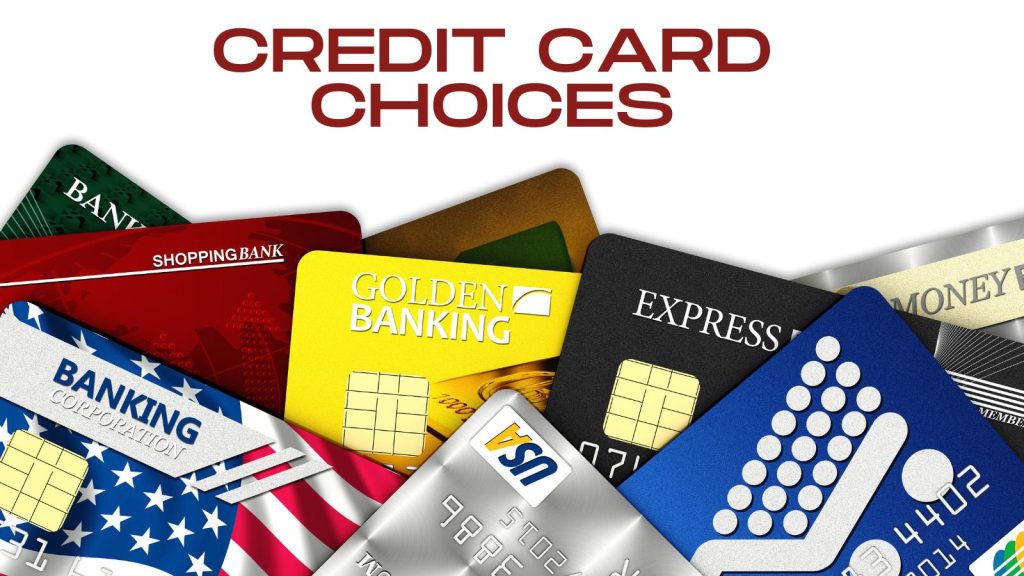The digital marketplace thrives on convenience, speed, and trust. And when it comes to e-commerce, nothing signifies these three attributes more than the process of making a purchase. As a business owner, choosing the right credit card processor is pivotal in building trust and ensuring smooth transactions.
But with a plethora of options available, how can you make the right choice? Read on to find out more.
Table of Contents
Understand Your Small Business Needs
First and foremost, gauge the specific requirements of your e-commerce business. Are you targeting a local or international audience? Will you be handling a massive volume of transactions, or are you a boutique store catering to a niche market?
For example, some small business credit card processors cater to high-volume businesses, and may even offer volume-based discounts on credit card processing.
On the other hand, some payment processors may be better for small ticket transactions so having a pulse on your transaction volume is a great starting point for choosing the right provider.

Consider The Credit Card Processor Fees
Every processor comes with its own fee structure. Look beyond the standard transaction fees. Explore potential monthly minimums, setup fees, or charges for things like chargebacks.
When choosing a credit card processor, it is crucial to evaluate the integration capabilities they offer. Integration is the ability of a credit card processor to seamlessly connect with your existing business systems and software. This ensures a smooth and efficient payment process for your customers.
Consider whether the credit card processor can integrate with your point-of-sale system, ecommerce platform, or accounting software. It is also important to assess if the processor provides APIs or plugins that can easily integrate with your website or mobile app.
By carefully evaluating the integration capabilities of credit card processors, you can ensure that you choose a provider that aligns with your business needs and maximizes convenience for both you and your customers.
Getting a clear picture of all the costs involved will help in assessing the overall value a processor provides.
Security Is Paramount
In an age where data breaches are becoming increasingly common, ensure that your chosen processor adheres to the highest security standards. This not only includes encryption but also compliance with Payment Card Industry Data Security Standard (PCI DSS) requirements.
The Payment Card Industry Data Security Standard (PCI DSS) is a set of security requirements that organizations must follow to protect credit cardholder data. It was developed by major credit card companies, including Visa, MasterCard, and American Express, to ensure the secure handling of payment information.
Compliance with PCI DSS is mandatory for any business that processes, stores, or transmits credit card data. The standard includes various security measures, such as encryption, regular system updates, and access control, to prevent data breaches and unauthorized access to sensitive information.
Adhering to PCI DSS helps businesses maintain customer trust and avoid financial penalties for non-compliance.
A secure payment gateway helps in building customer trust.
Integration Capabilities of Credit Card Processors
Your credit card processor should seamlessly integrate with your existing e-commerce platform and other tools you use.
When integrating credit card processors into your business, there are several key factors to consider. Firstly, ensure that the processor supports the specific types of cards you want to accept, such as Visa, Mastercard, or American Express.

Additionally, check if the processor is capable of handling the transaction volume your business expects. Look for a processor that offers competitive pricing, with transparent fees and no hidden charges.
Whether it’s inventory management, customer relationship management, or accounting software, compatibility will make your operations more efficient.
Customer Support Matters
Inevitably, there are going to be times when you or your customers face issues during transactions. During these instances, responsive and effective customer support can make all the difference.
Choose a small business credit card processor that offers timely assistance, preferably with 24/7 customer support available.
Think About The Future
Your business will evolve over time, and so will your needs. It’s crucial to pick a credit card processor that offers scalability.
Whether you expand into new markets, launch new products or witness a surge in sales, your processor should be able to handle the growth.
Review Contract Terms Carefully
Before you seal the deal with a payment processor, it’s imperative to meticulously review the contract terms. Some processors may lock you into lengthy contracts or impose hefty fees for early termination.
Become familiar with these details to avoid future surprises. It’s a good idea to get clarity on the contract’s duration, renewal terms, and any associated penalties.
However, this step ensures that you are entering a partnership that respects your business’s flexibility and growth.
Weigh The User Experience
Finally, think about the credit card processor from the perspective of your customers. The checkout process should be hassle-free and intuitive. If a processor’s gateway is cumbersome or not mobile-friendly, you might risk abandoned carts and lost sales.
Choosing the right credit card processor for your e-commerce business is a combination of understanding your needs, prioritizing security, and ensuring an excellent user experience.
Take the time to evaluate your options based on these factors, considering your business’s growth and customer trust.
Your Turn On Finding The Best Credit Card Processors
Which credit card processor do you use for your business or blog? What made you choose yours? I’d love to hear more about in the comments below.
- Pillar Content: The Practical Way to Rebuild Traffic and Keep Readers Coming Back - February 22, 2026
- Other Search Engines Besides Google (Top 15 You Should Try) - February 21, 2026
- Twitter Porn On X Allowed: How To Avoid & Block Porn Easily - February 20, 2026



